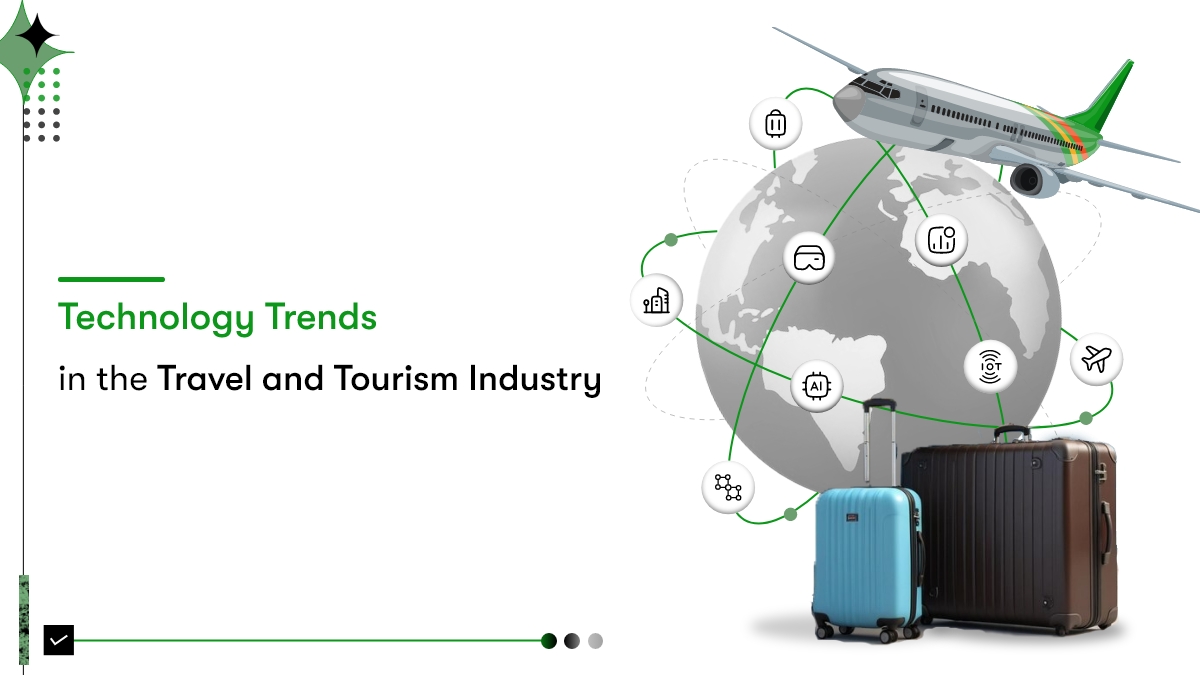AI-Powered Travel Apps: The Best Tools for Modern Travelers

The intersection of artificial intelligence and travel continues to evolve at breakneck speed. As we navigate through 2025, ai-powered travel apps: the best tools for modern travelers represents one of the most significant developments in how we experience and interact with travel technology.
The Current Landscape
The travel industry has embraced AI technology with unprecedented enthusiasm. Recent studies show that over 80% of travel businesses are increasing their AI investments, with applications ranging from customer service automation to predictive analytics driving substantial revenue growth.
The Optimist’s View: Embracing the AI Revolution
For technology enthusiasts and forward-thinking travelers, AI represents a paradigm shift toward more efficient, personalized, and accessible travel experiences:
Enhanced Efficiency and Automation
AI systems excel at processing vast amounts of data to optimize travel experiences. From route planning to price optimization, these systems can handle complex calculations in seconds that would take humans hours to complete.
Personalization at Scale
Modern AI can analyze individual preferences, past behavior, and real-time data to create hyper-personalized recommendations. This level of customization was previously impossible without dedicated human agents.
24/7 Availability
Unlike human agents, AI systems never sleep, never take breaks, and can handle multiple customers simultaneously across different time zones and languages.
Cost Optimization
AI-powered systems can continuously monitor prices, identify patterns, and alert travelers to the best deals, potentially saving hundreds or thousands of dollars per trip.
The Skeptic’s Perspective: Concerns About AI Dominance
However, not everyone embraces AI’s growing influence in travel. Critics raise several valid concerns:
Loss of Human Touch
Travel has always been about human connections and authentic experiences. There’s concern that AI-driven automation might create sterile, homogenized travel experiences that lack the warmth and spontaneity that make travel memorable.
Privacy and Data Security
AI systems require access to vast amounts of personal data to function effectively. This raises serious questions about privacy, data security, and how this information might be used or potentially misused.
Over-Dependence on Technology
As travelers become more reliant on AI systems, there’s a risk of losing essential travel skills and the ability to adapt when technology fails.
Job Displacement
The automation of travel services threatens employment in the industry, from travel agents to hotel staff, potentially reducing the human expertise available to travelers.
Real-World Applications and Examples
Current implementations of ai-powered travel apps: the best tools for modern travelers include:
- Advanced chatbots handling customer inquiries and bookings
- Predictive analytics for demand forecasting and pricing
- Personalized recommendation engines
- Automated customer service systems
- Real-time translation and communication tools
The Balanced Approach: Finding Middle Ground
The most successful implementations of AI in travel will likely be those that:
- Enhance rather than replace human interaction
- Prioritize transparency in how AI systems make decisions
- Maintain user control over personal data and preferences
- Preserve opportunities for spontaneous discovery and authentic experiences
Practical Tips for Travelers
Whether you’re excited about AI or cautious about its implications, here are some practical recommendations:
For AI Enthusiasts:
- Experiment with different AI tools to find what works best for your travel style
- Always verify AI recommendations with additional sources
- Use AI for research and planning while remaining open to spontaneous experiences
- Take advantage of AI’s 24/7 availability for last-minute changes
For AI Skeptics:
- Start with simple AI tools for basic tasks like price comparison
- Maintain traditional booking methods as backup options
- Protect your privacy by carefully reviewing terms of service
- Keep essential travel skills sharp by occasionally planning without AI assistance
Looking Ahead: The Future of AI-Powered Travel Apps: The Best Tools for Modern Travelers
As we look toward the future, ai-powered travel apps: the best tools for modern travelers will likely continue evolving with trends toward:
- Greater integration with Internet of Things (IoT) devices
- More sophisticated natural language processing
- Enhanced predictive capabilities
- Better privacy protection measures
- Improved human-AI collaboration models
Conclusion
AI-Powered Travel Apps: The Best Tools for Modern Travelers represents both tremendous opportunity and legitimate concern. The key to navigating this landscape successfully lies in understanding both the potential benefits and risks, then making informed decisions about how to incorporate these technologies into our travel experiences.
The future of travel isn’t about choosing between human expertise and artificial intelligence—it’s about finding ways for them to work together to create better, more meaningful journeys for everyone.
Whether you’re a technology optimist or a cautious skeptic, staying informed about these developments will help you make the best choices for your travel needs and preferences.
What’s your experience with AI in travel? Have you found these technologies helpful or concerning? Share your thoughts and experiences in the comments below!




